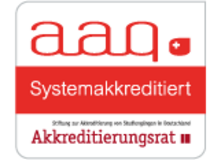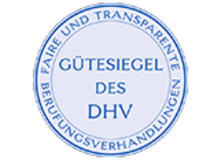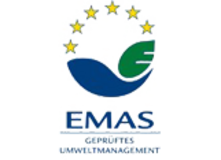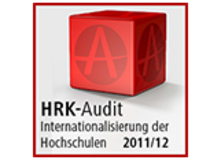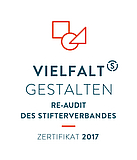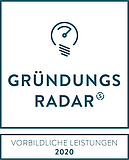Where there are people living and working together, there is conflict. However, not every argument needs to end in court. Mediation has established itself in the past years as a means of solving legal and other differences amicably. Trained mediators support the process.
Conflict Management as a Key Competence
The practical and theoretically founded training does not only enable one to work as a mediator. “The training as a professional conflict solver is an important key competence in many jobs”, emphasizes program coordinator Astrid Rehbein from the Academy of Continuing Education. Therefore, the part-time offer is not only aimed at legal scholars but also at workers and managers from the fields of economy, politics, education and administration. After successfully completing the course, the participants receive a course certificate with the qualification of “certified mediator”, as per the mediation law.
New: Specialization Seminars for Advanced Participants
In addition to the mediation training, a series of specialization seminars aimed at interested persons with basic knowledge of mediation are now being offered. Special areas of mediation, such as family mediation, mediation in the working world or in schools, form the core focus.
Interested persons can register for the info events with Marlis Glomba: phone: +49 421 218 61622, email: mglombaprotect me ?!uni-bremenprotect me ?!.de.
Further information:
https://www.uni-bremen.de/en/weiterbildung/
Contact:
Marlis Glomba
Academy of Continuing Education
University of Bremen
Phone: +49 421 218 61622
Email: mglombaprotect me ?!uni-bremenprotect me ?!.de.









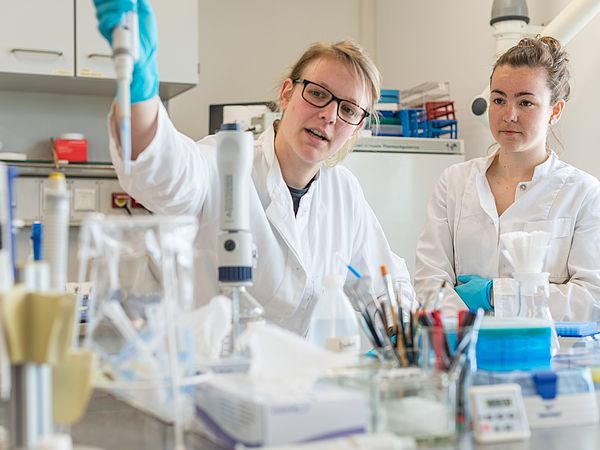
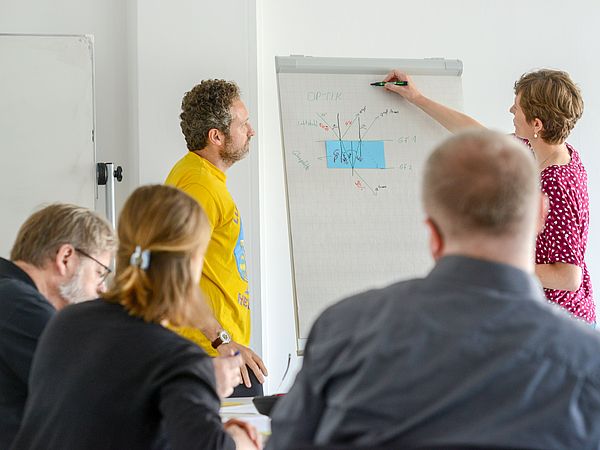

![[Translate to English:] KennenSieSchon_Restaurierwerkstatt_Clebowski A gloved hand runs a brush through the crease of a book.](/fileadmin/_processed_/2/e/csm__DSC5415_Felix-Clebowski_web_1__b5ee94ffc5.jpg)
